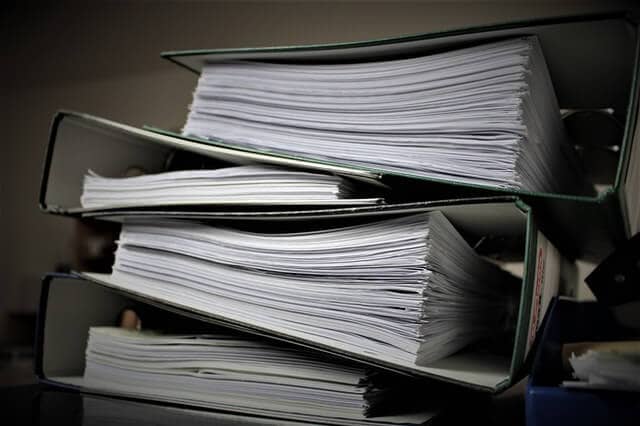Copywriting vs. Copyrighting
May 21. 2020 0 Comments
- Posted in:
- Writing rules
The realm of writing is vast and nuanced. Genres and subjects mix and blend with little care for normal conventions, doing so at the whims of the author and readers for a myriad of purposes. Sometimes, however, these distinctions matter, especially for the professionals. Though more a matter of semantics than of definitions, one issue that crops up is the concept of copywriting versus copyrighting.
The two terms are very different in meaning an intention, though related to the writing field. Knowing that difference is not only important for authors, but also for freelance writers, inventors, and almost anyone with ideas they seek to have come to fruition. It’s much, much more than a typo, and fortunately spell checkers tend to recognize the difference.
A copyright is a form of protective trademark that prevents others from copying something without paying royalties or facing legal penalties. Copyrighting is commonly associated with music and writing. A © symbol denotes that something is copyrighted, which means the rights of the author are acknowledged and that author has ownership of the work and what they may do with it. Some works fall out of copyright and become public domain. This tends to happen with older literary works where either the family estate no longer exists or doesn’t want to maintain the copyright protection for one reason or another.

Copyright is designed to protect the works of authors. Anyone wanting to use such works must either do so under fair use laws or pay royalties. There is a great deal of law on this matter, though admittedly it doesn’t make for very exciting reading. The same can be said for some forms of copywrite, which is something entirely different from copyright.
A copywriter is a writer of copy. Copy is basically anything written for media purposes, such as articles, blog posts, ads, and the like. Such material is created by copywriters, but generally people just call themselves writers or freelance writers. Thus, a copyright protects the copy of the copywriter who wrote the work being copyrighted. Hence why the two words are so similar in form, but different in meaning. That and the obtuse nature of the English language, that is.
Such is the fickle nature of writing in the English language. The two words are obviously closely related, both by their root word of “copy” and the fact they both have to do with producing written material. Copyrights protect copywriter’s copy, and any other variations of the sentence one could create. The point is though the words are similar in spelling and pronunciation and can mess with a spell checker in certain situations, the words have very different, though related, meanings.

The confusion of the two words likely stems from a combination of the previously mentioned similarity in spelling and pronunciation, and the fact that the two terms are closely related to the field of writing. The concept of writing copy is an old one. The first copyright was recorded in England in 1710, the Statute of Anne. From this law was born the concept of protecting a writer’s works, or copy. Hence the birth of a confusing combination of words and terms, which more or less defines the English language as a whole.
Regardless of such confusion, the two terms are important for understanding the writing industry. Copyrighting is legally protecting the writing, or copy, of a copywriter. It’s not a difficult concept, but the similarity of the words can make it difficult to tell the difference for those not familiar with the writing field. Knowing how the two terms are different yet related is important for anyone interested or working the writing industry.
